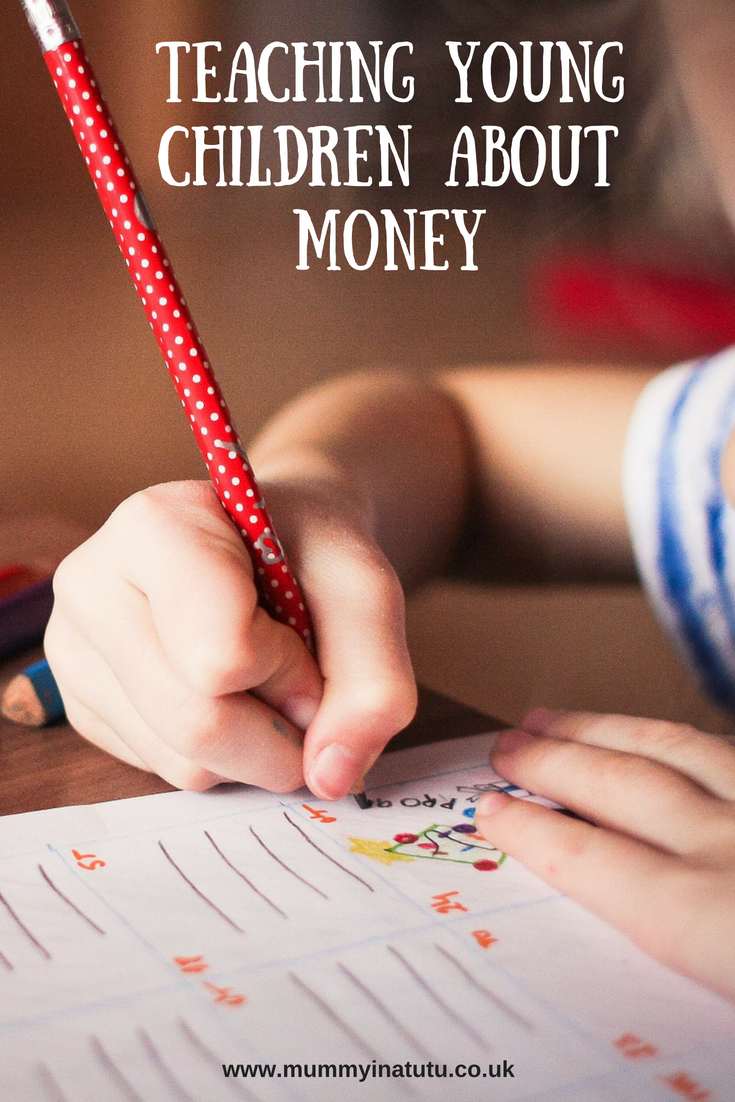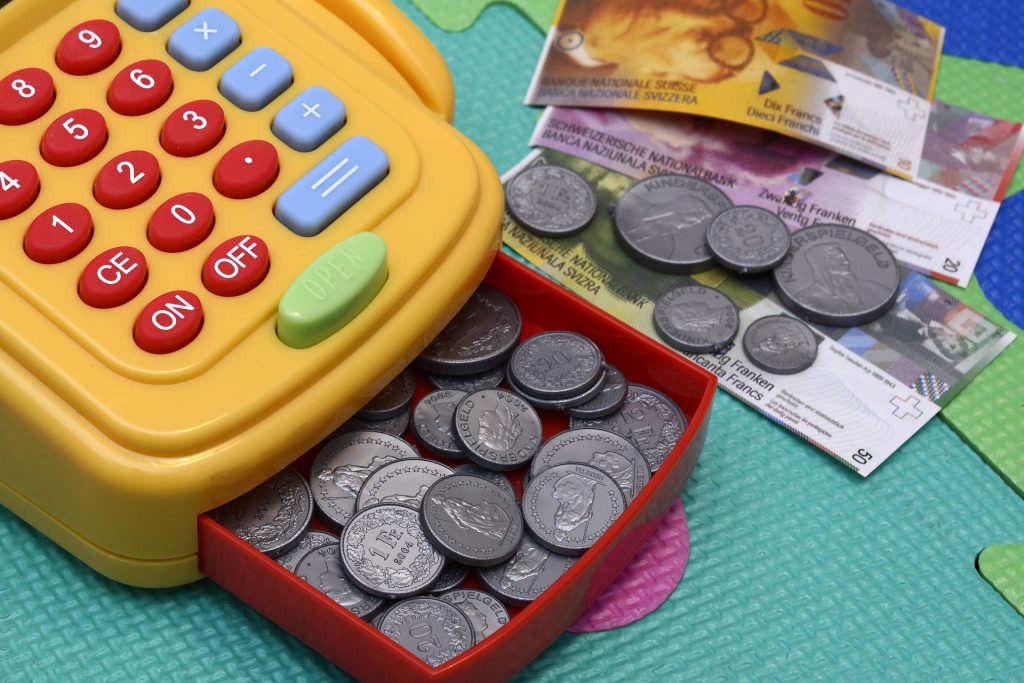This website uses cookies so that we can provide you with the best user experience possible. Cookie information is stored in your browser and performs functions such as recognising you when you return to our website and helping our team to understand which sections of the website you find most interesting and useful.
Teaching Young Children about Money

We live in a time when consumerism reigns and credit is readily available with limited checks online. This has given rise to the ‘I want it now’ generation, with many people borrowing money to buy the things they want now and worrying about the consequences later. The result is growing levels of personal debt that are spiralling out of control.
Given the challenging times we live in, it’s more important than ever before that we teach our children the sound financial principles that will inform their decisions in later life. But how do we empower them to make good financial decisions and understand the importance of saving money? The key is to start young…

- The principle of delayed gratification
Even before your children are old enough to understand money, you can start introducing the concept of delayed gratification, which is linked to better money management in the future. Something as simple as having a sweet jar that children can only take a certain number of sweets from a week will help them understand that having everything all at once is not always the best way.
- Involve them in the transaction
Giving your children money to handle and allowing them to play a part in the transaction will help them understand that there’s a price for everything. Even when your children are toddlers, giving them the money to hand over at the till will teach them that an exchange transaction is involved for everything they want.

Photo by Jerry Kiesewetter on Unsplash
- Earned pocket money
The link between doing work and earning money is something you should teach your children early on. Between the ages of 7-9, you should introduce earned pocket money, with household chores earning them a small sum to spend on sweets, toys and books etc. This also gives them the opportunity to start making decisions between spending and saving. Savings jars and piggybanks can encourage them to put a little money away each week so they can work towards their financial goals.
- The joy of saving

Teaching children the joy of saving money from an early age so they can buy the things they really want is one of the best lessons they can learn. Taking them to the bank to open a savings account is an excellent introduction to saving and a great way to teach them about interest. When it comes to spending their savings, this is the perfect opportunity to show them the value of researching their purchase so they can buy the things they want at the best possible price.
- Avoid an ‘open-wallet’ policy
Giving your children their own money to manage is a better approach than handing out ad-hoc sums to spend as and when they want. It’s essential that children understand that there are limits to the money they can access and choices must be made and priorities set. By having their own money to manage, they will learn to evaluate their options and weigh up the pros and cons of buying now versus saving for something they’ll really appreciate later on.
Why is financial literacy so important?
According to the latest research, only 68 percent of millennials (those aged 24-35) feel in control of their financial lives. Many do not have a good grasp of the basics and are unable to use credit wisely. Instead, they spend on credit cards and apply for personal loans without giving such decisions the consideration they deserve. They also do not understand how the cost of poor credit could impact some of the most important purchases they make later on in life.






3 Comments
It is so important to teach young kids about money and savings. Great tips here.
I wish my children understood delayed gratification. I live in eternal hope.
I completely agree. There are some great ideas here. We gave J some pocket money when we went on holiday to try to help him start to understand.